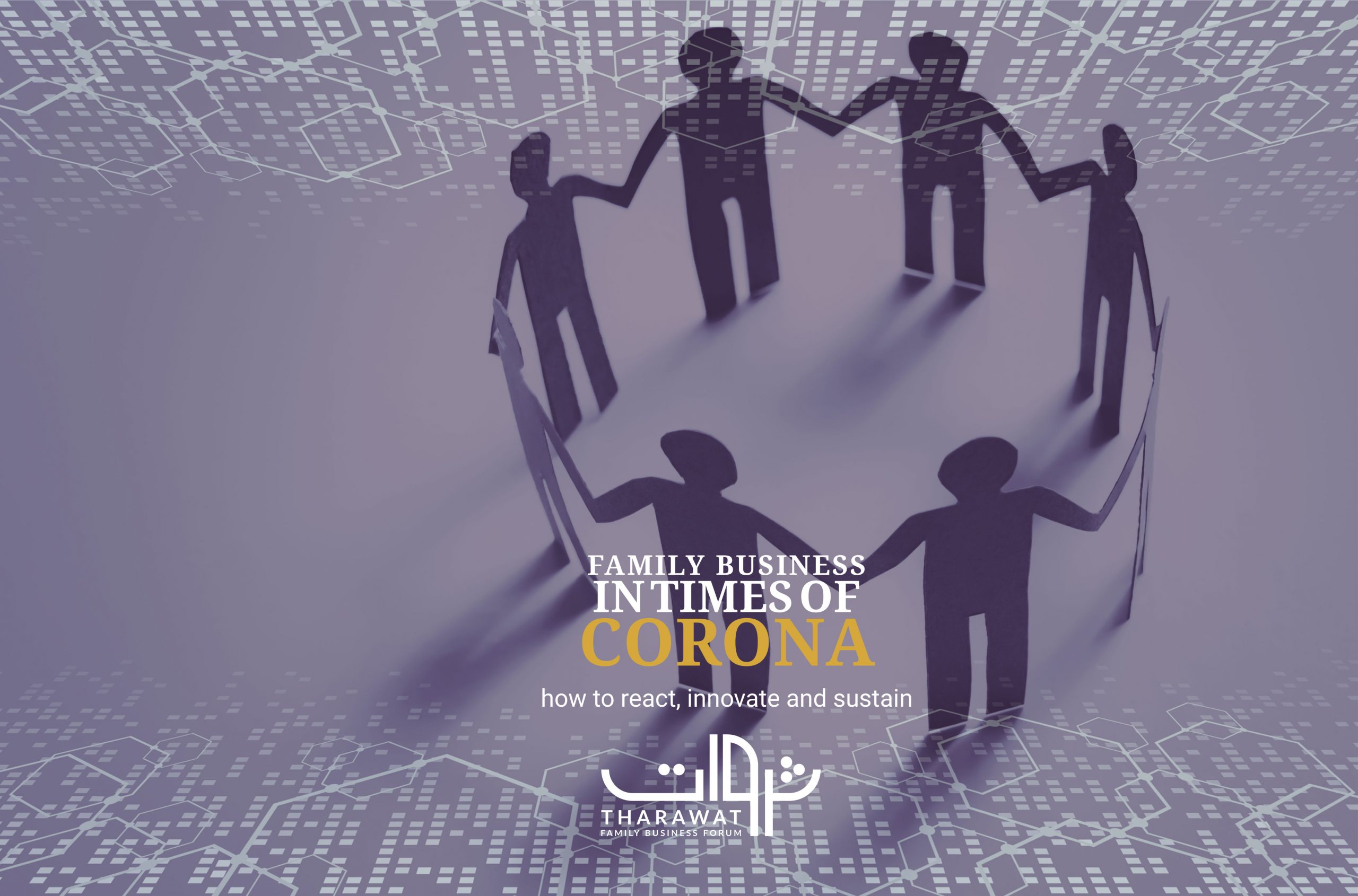
On the Way to Recovery – Cooperation and Communication in Tunisia
Interview with Anis Bouchamaoui
For Tunisian family businesses, the challenges and restrictions associated with the COVID-19 pandemic have created a difficult operating environment. In a country still trying to reclaim its economic footing after a revolution in 2011, the current global crisis further imperils a business community already at risk. However, according to Anis Bouchamaoui, the pandemic has also brought about positive changes that could serve the country and its businesses long after this crisis has abated.
Bouchamaoui, a 20 year veteran in his family business, Bouchamaoui Industries, is optimistic. Over the last few months, he’s seen an encouraging level of private and public sector collaboration develop as a result of COVID-19. Moreover, he believes the pandemic has had a unifying effect, promoting cooperation between competitors, and catalysing important changes in the country’s family businesses.
We spoke with Anis Bouchamaoui to learn more about how family businesses in Tunisia are dealing with the crisis, and how the lessons they’ve learned could be applied universally.
Q: How has COVID-19 impacted family businesses in Tunisia?
Tunisian businesses, in general, were not prepared for the pandemic and have been struggling. The Tunisian economy had been underperforming since the revolution in 2011 and, as a result, family businesses were vulnerable. That said, we’re learning from this experience, and those lessons are helping family businesses improve their circumstances. The deepening bond between government and business has created an encouraging environment of collaboration. Moreover, the government moved swiftly, establishing effective support mechanisms within two weeks of the global pandemic’s effects being felt here. Despite having to deal with significant challenges of their own, the government has responded well to the needs of the business community.
Q: How have Tunisian family businesses been able to mitigate the effects of the pandemic?
Cooperation has made a big difference. We’ve seen competing companies align to assist each other in various ways such as supply chain management – generating workarounds to ensure that consumer demands are fulfilled.
We’re still learning, but we’re doing so in collaboration with each other; different business entities across Tunisia are communicating in a way that they never have before.
Family businesses, in particular, share commonalities and these commonalities have given rise to many strategic partnerships. In addressing the inevitable recession that will surely follow this crisis, I believe these strategic partnerships will prove indispensable.
Q: When it comes to Tunisia’s economic recovery, how important is the work of family businesses? Are they well-positioned to make this recovery a reality?
Family businesses are crucial to the Tunisian economy. They play a lead or supportive role in many different sectors.
In terms of their positioning, I believe the nature and structure of family businesses, which allow them to make quick decisions and act on those decisions rapidly, is extremely useful in a crisis.
At the same time, there is still much room for improvement. Family businesses have a disadvantage when it comes to communication, and today, good communication enables progress. We must take steps to ensure we’re communicating with the entire breadth of our family business stakeholders more effectively.
Information Technology is another area where improvements must be made. The lockdown has forced companies to adopt new technologies, and these technologies come with security and connectivity implications.
That said, the ability of family businesses to make these shifts will not only benefit them and the country during the current pandemic, but it will also make them better prepared for the next crisis.
Q: What advice would you give to other family businesses around the world grappling with similar challenges?
I think the most important thing is communication. In our case, the various family members, board members and managers – the key personnel of our company – are in constant communication with each other. Without effective communication, businesses can’t stay on top of situations that require rapid decision-making. Also, frequent communication with employees reaffirms how important they are to the organisation. Further to that, family businesses should make sure their employees feel safe and know that they are not alone as they go through periods of uncertainty and lockdown. We endeavour to address all of our employees’ concerns.
I believe this unification between family businesses and their employees represents a significant change for the better.
The pandemic has reinforced the notion that everyone is in this together, and it’s made us all closer as a result. Just like families who may be struggling with their businesses, employees too have concerns about their future. If there is a silver lining from a family business standpoint, it might be a kind of clarity about what values are truly important. Employees are at the core of those values and will always be an integral part of family business success.
Anis Bouchamaoui is a 3rd generation shareholder and director in various companies part of the Bouchamaoui family business from Tunisia.
Anis is a Petroleum Engineer by background and from 2001 to 2006, he went through different operational departments of the family’s oil company, Medex Petroleum.
Starting as a Supply Chain Manager, he supervised the drilling of DIDON 4 in the offshore field DIDON in Tunisia. He was also a part of the project team based in Houston, USA, for the refurbishment and the installation of the DIDON platform.
Today, Anis has expanded his activities and is also involved in real estate, energy and financial services, primarily in the construction company “Bouchamaoui Industries A&R”. Bouchamaoui Industries A&R provides full engineering and construction services to the Oil & Gas industry plus electrical power supply and industrial installations.
